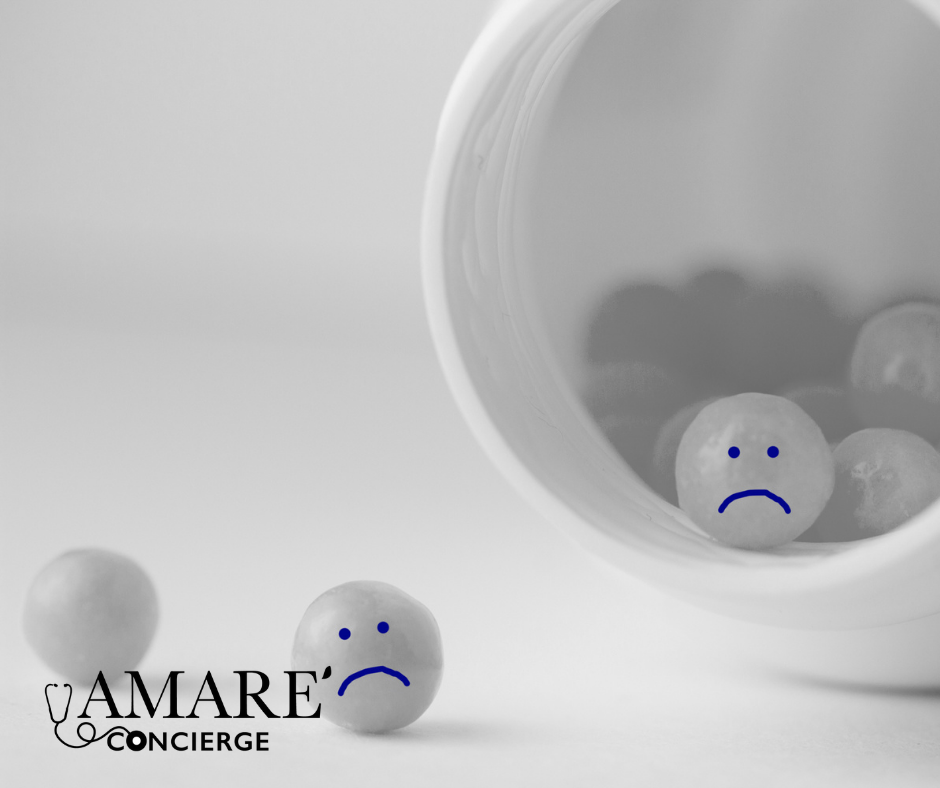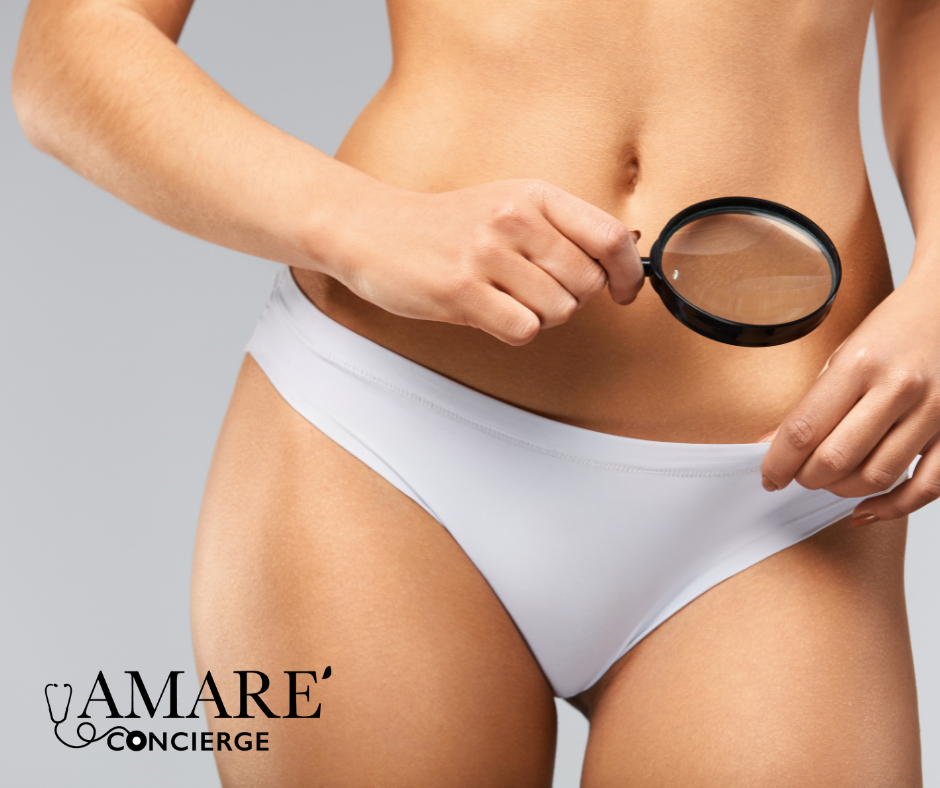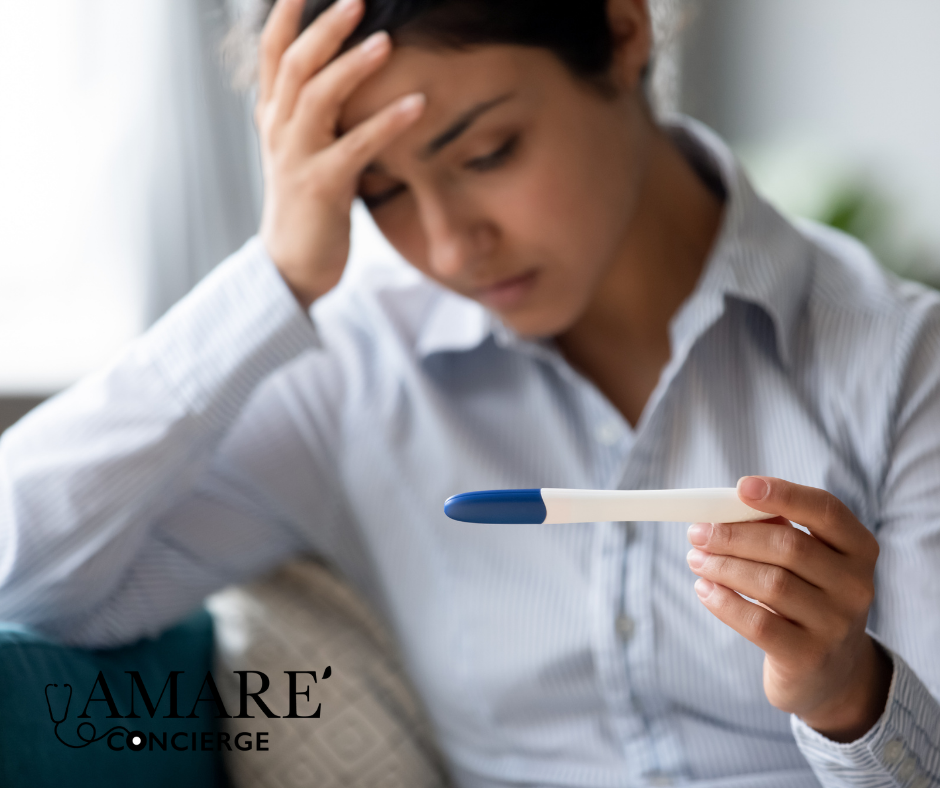Many couples today are putting pregnancies on hold. These individuals rely on various birth control methods like condoms, contraceptive pills, patches, diaphragms, and many more. Among the contraceptive methods used, one of the most popular is the Intrauterine Device (IUD).
There are two basic types of IUDs are the copper IUD, and the hormonal IUD.
The copper IUD is effective due to the toxicity of copper to sperm. The copper coating of the device makes the uterus and the fallopian tubes release sperm-killing fluid that contains white blood cells, copper ions, enzymes, and prostaglandins. Copper IUDs can be used for at least ten years.
The hormonal IUD, also called Mirena, works by releasing levonorgestrel. Levonorgestrel is a form of progestin. Mirena has been proven to be more effective than the copper IUD, plus it also lowers the risk of developing pelvic inflammatory disease. The hormonal IUD is effective for at least five years.
Some benefits of using IUDs may include the following:
- It can provide continuous pregnancy prevention for five years and can be removed anytime;
- After removing the IUD, a woman’s ability to become pregnant may return to normal
- It may reduce menstrual cramps and the amount of bleeding that accompanies a woman’s period.
However, this method of contraception has several side effects, namely:
- Changes in menstrual flow and the appearance of spotting between the first few periods
- Abdominal or back pain
- Nausea
- Acne
- Headaches
- Mood changes
- Breast tenderness
- Development of ovarian cysts
Individuals who are interested in using IUDs should consult doctors about the effectiveness and safety of these methods. Doctors may perform a pelvic exam to make sure that one’s reproductive organs are normal and not infected. Certain conditions need to be treated before IUDs can be inserted.
Intra-uterine devices have been proven as one of the more effective birth control methods. The fact that it is the most widely used contraceptive method is proof enough that a lot of women trust it more than any pill or latex barrier to protect them from accidental pregnancies.
The fact that it doesn’t shield you from sexually transmitted diseases should be warning enough to keep the number of sexual partners to a minimum, and only to those whom you know the sexual history of. Yes, it may hurt a little to have the device inserted, but what’s a little pain if it will ensure that you’re not at any risk of getting pregnant?





